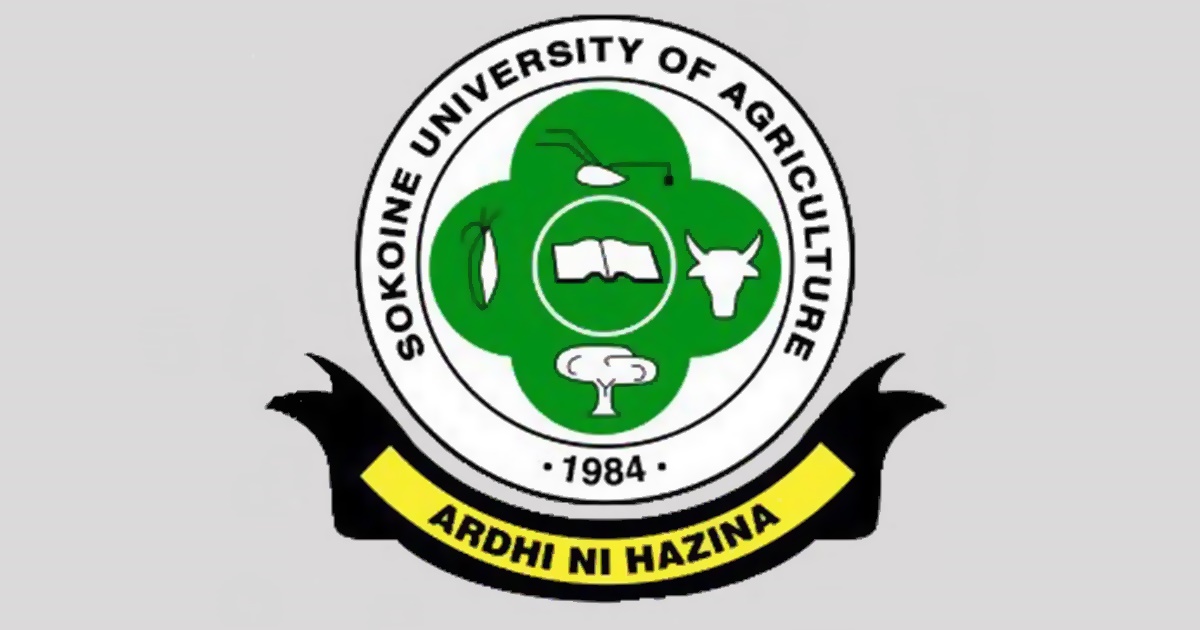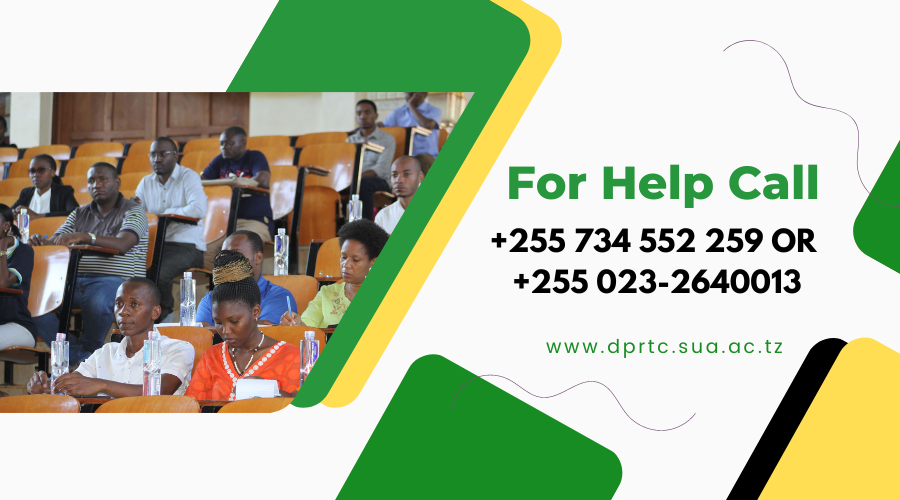Candidate: Zawadi Ally Nkulikwa
Nkulikwa is a specialist in Rural Development especially in Sociology of health and illness and Research Management system and also education for development. Currently working as Assistant Lecturer at St. John’s University of Tanzania, School of Nursing (SONU), Dodoma. He registered with Sokoine University of Agriculture in November, 2014 in the Department of Development Studies (DDS), College of Social Sciences and Humanities (CSSH).
Thesis Title: Knowledge, Attitude and Socio-Economic Factors Associated with Receptivity to Malaria Control Strategies in Lindi And Mtwara Regions, Tanzania.
Supervisor: Prof. Joshua J. Malago
Date and Time: 16th October, 2020; 09:30 hrs.
Venue: DS Postgraduate Room
Mode of defense: Face-to-face/Online
Panelist Team:
- Malongo R.S. Mlozi (Chairman)
- K. A. Kayunze (Appointee of the Principal)
- J.J. Malago (Internal examiner-Supervisor)
- J.N. Jeckoniah (Internal examiner who did not supervise)
- Farida Salehe (Appointee of the Head of Department)
Summary of Main Findings
Malaria is recognized as a serious health, social and economic problem in tropical countries including Tanzania. It causes morbidity, mortality, social burden, and has debilitating effects on economy for both individuals and communities. Despite the fact that there have been efforts by government and NGOs to control it, through malaria control strategies, such as malaria management by training; diagnosis; preventative measures; and vector control, it is still persistent and continue to be corrosive in all communities in which it is endemic.
Moreover, it poses a great challenge to children’s’ capacity to realize their full potential and threaten lives of most pregnant women’s lives, hence jeopardizing the existence of future human race. Therefore, the purpose of the study was to assess knowledge, attitudes and socio-economic factors associated with receptivity of malaria control strategies. This study was conducted in Mtwara and Lindi in Tanzania.
By receptivity in this study, means, acceptance, ownership, sense of agency of malaria control strategies as well as the willingness to implement them in an integrated way (systemic form). This study found out that receptivity is holistically linked to knowledge, attitude and socio-economic factors. Further study figured out that receptivity was direct proportion to understanding, positive attitude of members of these communities towards malaria control strategies. In addition, it varied directly as the female members of those communities relative to male members. In general, the findings of this study was that receptivity in these communities was low.
The study concluded that little knowledge as opposed to information about malaria control strategies; negative attitude about them; and low socio-economic status affect receptivity adversely. This in turn enables the malaria problem to persist and spread despite the effort to control and eradicate it. Consequently, the study recommended that health officers and community development officers should initiate study cycles about malaria control strategies so as to extend and refine people’s knowledge; that members of communities should be engaged in the dialogue about the importance and perceptions of the strategies by nurses, clinical officers and prominent people within the communities and that malaria control training in communities should involve traditional healers, religious leaders and local government officials in order to optimize receptivity.
Join Zoom Meeting
https://us02web.zoom.us/j/
Meeting ID: 836 8536 5871
Passcode: 063128






